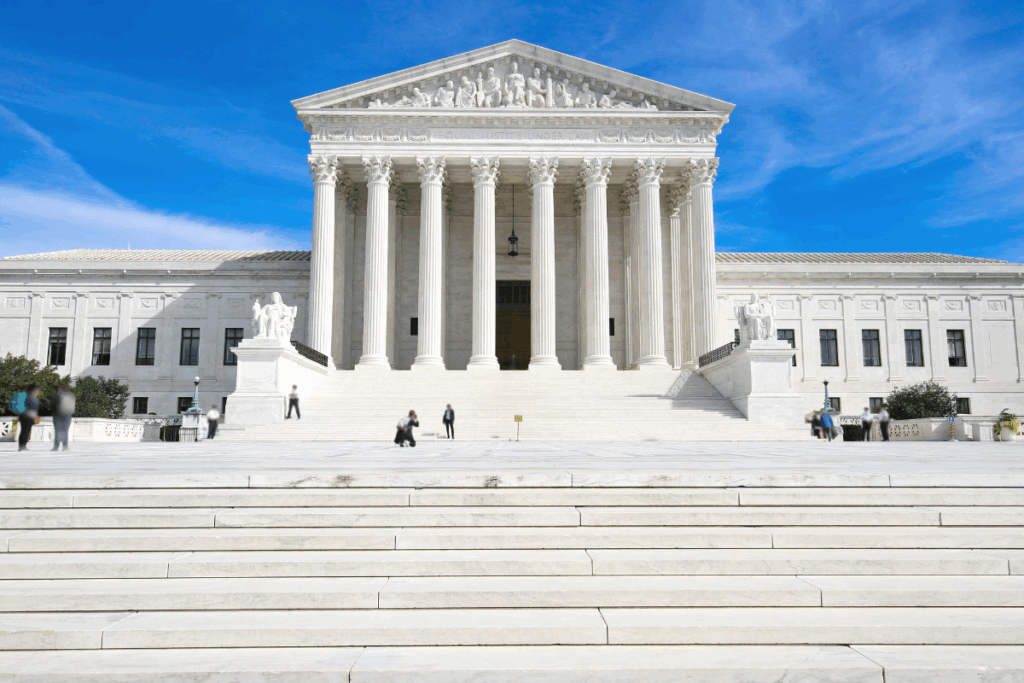On June 20, the U.S. Supreme Court sided with AGC in the Diamond Alternative Energy, LLC v. EPA case, which challenged the U.S. Environmental Protection Agency’s (EPA) approval of California’s vehicle emissions standards. The issue before the Supreme Court was whether stakeholders can rely on the predictable and likely effects...
AGC Victory: U.S. Supreme Court Protects Industry Access to Court for Challenging Federal Regulations
The Supreme Court sided with AGC and ruled that businesses can rely on the predictable, downstream effects of federal regulations to challenge them in court.
Related News
Add A Comment


